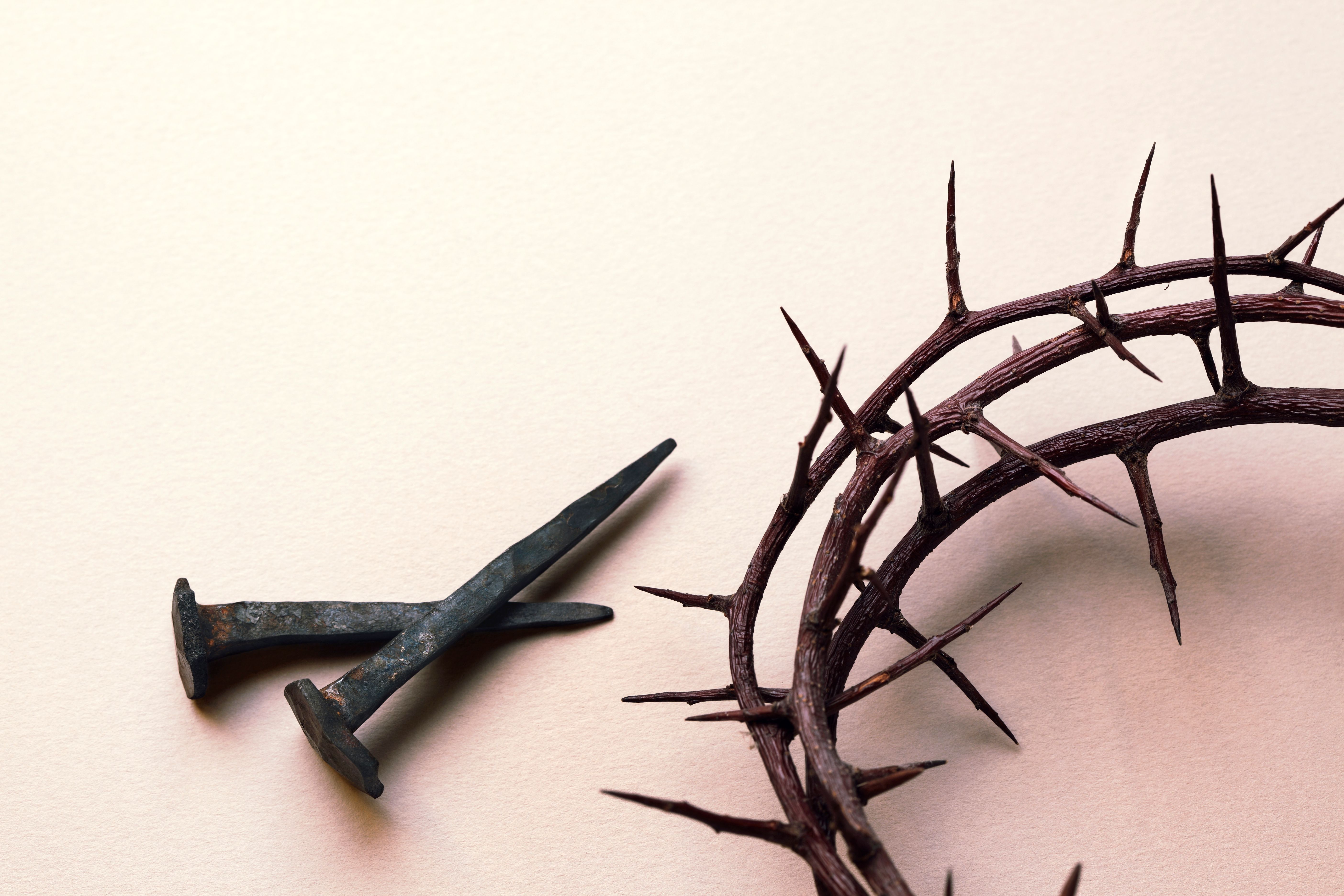Understanding the Significance of Good Friday
Understanding the Significance of Good Friday
Good Friday is a day of profound importance in the Christian calendar, commemorating the crucifixion of Jesus Christ and his sacrifice for humanity. It is observed during Holy Week as part of the Paschal Triduum, which includes Maundy Thursday and Easter Sunday. This solemn day serves as a reflection on themes of sacrifice, love, and redemption.

The Historical Context of Good Friday
The events of Good Friday are rooted in the historical crucifixion of Jesus Christ, an event that holds central significance in Christianity. According to the New Testament, Jesus was arrested, tried, and sentenced to death by crucifixion under the Roman governor Pontius Pilate. These events are seen as fulfilling ancient prophecies and demonstrating Jesus' role as the Messiah.
Good Friday is not just a historical remembrance but a deep spiritual observance. Christians around the world engage in various traditions and rituals to honor this day. Many attend church services that include the reading of the Passion narrative, veneration of the cross, and meditative prayer.

Symbolism and Traditions
The observance of Good Friday is rich with symbolism. The cross, a central symbol of Christianity, takes on particular significance as it represents both suffering and salvation. The day is often marked by fasting and penance, reflecting the somber nature of the occasion. In many cultures, processions and reenactments of the events leading up to the crucifixion are held.
Among the popular traditions is the Stations of the Cross, a series of prayers and meditations on different stages of Jesus' journey to Calvary. This practice helps believers connect emotionally and spiritually with the experiences of Christ during his final hours.

Theological Significance
Good Friday's theological significance lies in its emphasis on redemption through suffering. Christians believe that Jesus' death was a necessary sacrifice to atone for humanity's sins, offering salvation to all who believe. This act of selfless love is at the heart of Christian teachings and is celebrated as a triumph over sin and death.
The day also serves as a reminder of the promise of new life through resurrection. While Good Friday reflects on death and sacrifice, it sets the stage for the joy and hope of Easter Sunday, when Christians celebrate Christ's resurrection and victory over death.
Personal Reflection and Community Observance
For many believers, Good Friday is a time for personal reflection and connection to their faith. It is an opportunity to contemplate one's own life, actions, and relationship with God. The observance encourages individuals to consider themes of forgiveness, compassion, and humility in their daily lives.
Community observance plays a vital role in Good Friday celebrations. Many churches hold communal gatherings that strengthen bonds among congregants and provide support during this reflective time. Shared worship and prayer foster a sense of unity and collective contemplation.

In conclusion, Good Friday holds deep spiritual and cultural significance for millions across the globe. It is a day marked by solemn reflection on the sacrifice of Jesus Christ, offering a profound message of love, redemption, and hope. Whether through personal reflection or communal observance, Good Friday invites believers to engage deeply with their faith and embrace its transformative power.
